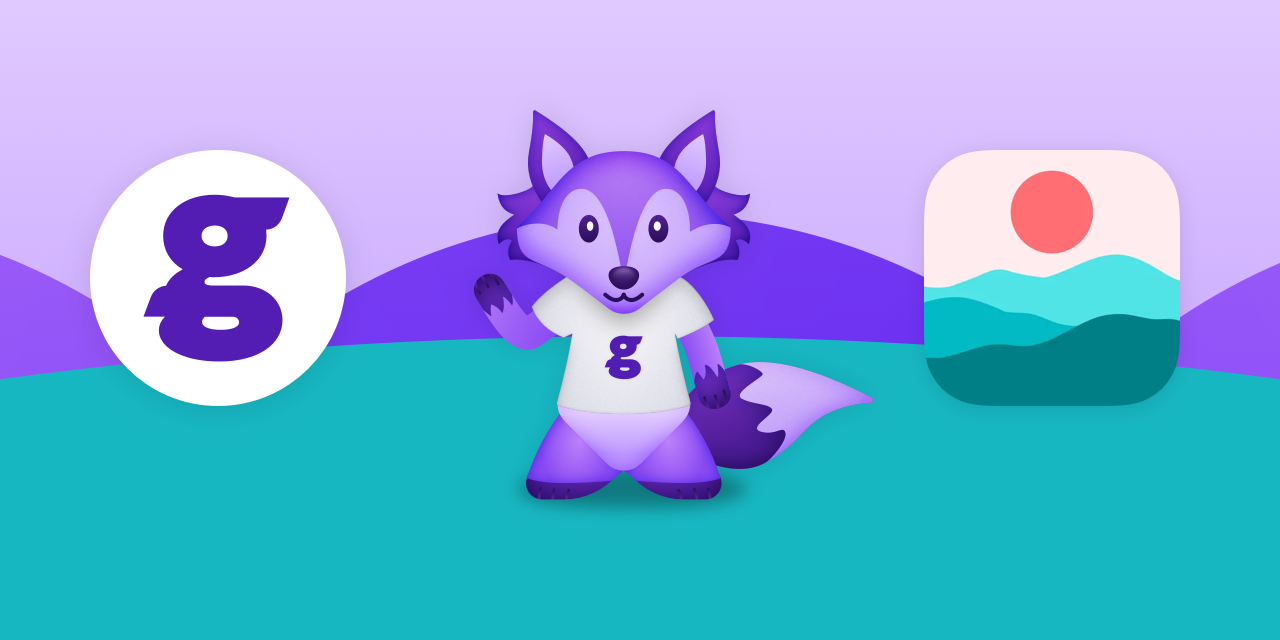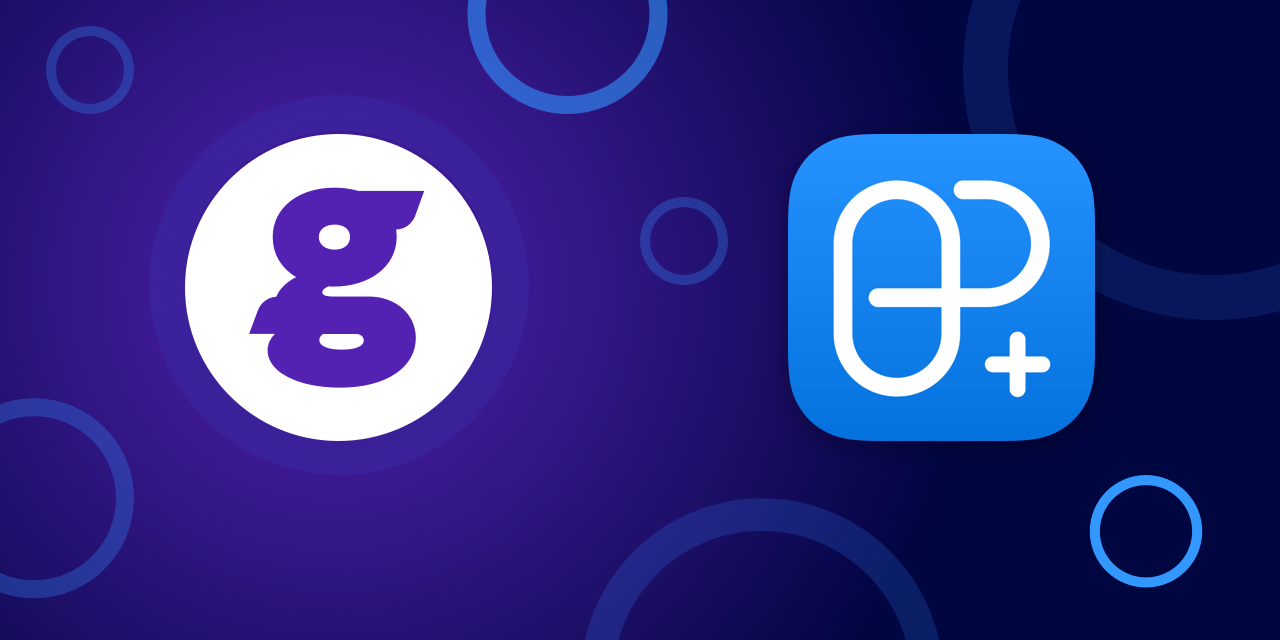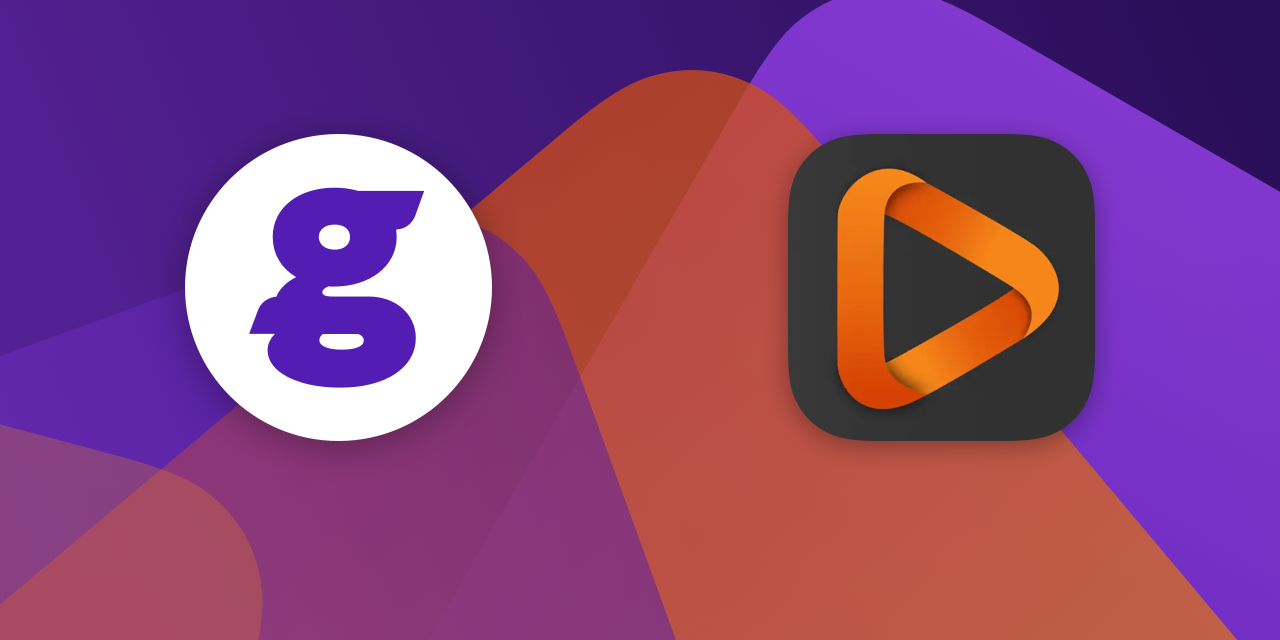Content
MindDay uses Glassfy to accelerate the build and growth of their B2B+B2C App Monetization

Set the scene
We know monetizing your app is critical to the success of your business - but - due to the complicated regulations and technical complexities from the various stores it makes it hard to even get started, let alone scale it. If you are familiar with the topic, then you will know the pain of trying to make a single source of truth of your app monetization data from all sources and then simultaneously try to make a single monetization strategy across all of them - often you are left having one experience for iOS, Android, Web and so on… and that is if you are lucky enough to have the bandwidth and expertise to even get there.
Additionally, user and market behaviors are changing constantly. Most recently McKinsey wrote about how by 2024 a hybrid sales strategy will be the most dominant form of selling products - this is made ever more true as Airship wrote about in their annual report…
Brands generate 3.5x more revenue from customers who use their apps than customers who don’t. Airship
MindDay used Glassfy to quickly go-to-market offloading technical complexity of building and managing in-app subscriptions and purchases while implementing a multi-channel subscription strategy with in-app and web, enabling them to have a single monetization structure and strategy across all stores.
What did MindDay want to achieve?
MindDay is primarily a B2C model based on user subscriptions, available on App Store and Play Store. Nothing out of the ordinary here but they also saw an opportunity to distribute their product as a perk to employees. When talking to decision makers in these companies it was clear they needed to un-silo their app and build a cross platform system that could equally target one or the other, so they could reach any employee regardless of their device, with a unified onboarding offer that would both be easy yet preserve employee’s privacy.
Also, at launch time, there is a need to bring selected people on the app via invitation to test it (journalists, beta testers, etc.) - instead of building a dedicated system, Glassfy just offers that out of the box.
The B2B model has been a massive part of their success thus far and can be attributed to Glassfy for enabling them the ability to do this.

What was the process?
When looking at the market, there was a known leader in that space, but that wouldn’t fit the bill for the web, lacked the deep monetization functionality they wanted natively, nor be the partner they were looking for. In their words, “probably a great service to execute, but not so much to leverage multi platforms and ultimately boost our growth.”
On the contrary Glassfy offered a very interesting integration with Paddle, uniquely connecting mobile and web hence constituting a much stronger platform for growth.
Ultimate outcome
By managing license creation, distribution, and activation, employees are given a smooth and unified onboarding experience regardless of their platform of choice, while preserving the B2C first aspect of the product.
Glassfy has been estimated to have saved a month+ of initial development (a month is a lot of time wasted off market) and countless hours in maintenance, removing valuable time away from other tasks and ultimately less time monetizing their service. What was ultimatly most important for MindDay was the value they have been able to unlock with native Glassfy monetization features.
Glassfy also offers high flexibility, making it easy to develop features that would otherwise take too much effort to even land on their roadmap in these very first months:
- Ability to subscribe on web rather than in app (multi-store)
- Ability to provide different ways to offer the app as a gift
- Ability to sell B2B in mass easily, regardless of device type
A growth machine is hard to put in motion, Glassfy gives the reassurance we can optimize every euro invested in marketing and ensure we are growing at the fastest rate possible. MindDay CPO JB Théard
Read More




